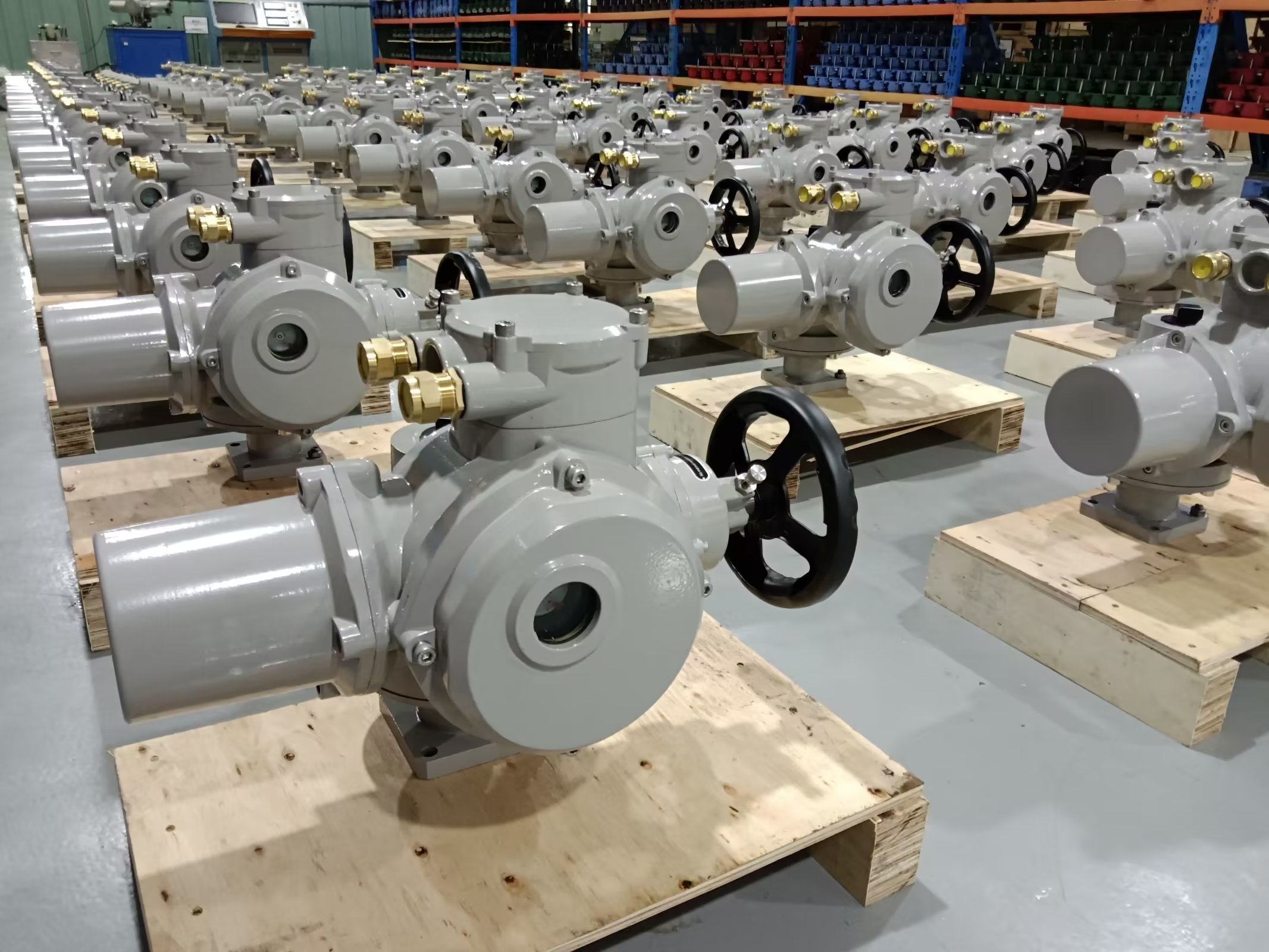Exploring the Design and Application of Screw Flanges in Modern Engineering Solutions
Understanding Screw Flanges An Essential Component in Mechanical Engineering
Screw flanges are widely recognized in engineering and manufacturing for their role in joining and sealing components securely in various applications. They offer a reliable method for creating strong connections while allowing for ease of assembly and disassembly. This article delves into the features, applications, and advantages of screw flanges, highlighting their importance in modern engineering.
What Are Screw Flanges?
Screw flanges are specialized fasteners typically used in piping systems and equipment construction. They consist of a disc-shaped component with a hole in the center that allows for the attachment of a pipe or mechanism via screws or bolts. The primary function of a screw flange is to connect two non-flanged components, providing a strong and leak-proof junction that can withstand significant pressure and temperature variations.
Types of Screw Flanges
There are several types of screw flanges, with variations based on material, design, and application. The most common types include
1. Socket Weld Flange This type features a socket that allows a pipe to be inserted before being welded. This design provides a strong bond but may require additional sealing methods. 2. Blind Flange A blind flange is used to seal the end of a piping system and prevent leakage. This type provides easy access to the interior of the system for maintenance and inspection.
3. Lap Joint Flange This flange is used with a stub end and allows for easy alignment and assembly, making it ideal for applications requiring frequent disassembly.
4. Spectacle Blind Flange This unique design features a solid section and an opening, allowing for flexibility in application while maintaining a secure connection.
Each type of screw flange has specific applications based on its structural design and the requirements of the system in which it is used.
Applications of Screw Flanges
Screw flanges are crucial across various industries, including
screw flanges

- Oil and Gas Used extensively in piping systems to connect pipes and valves in refineries and extraction facilities, ensuring safe and efficient fluid transport. - Chemical Processing They are essential for connecting tanks, reactors, and pipelines, where chemical resistance and secure seals are imperative.
- Water Treatment In drinking and wastewater treatment facilities, screw flanges help connect large pipes and components to manage the flow of water securely.
- Pharmaceuticals In facilities where cleanliness and leak prevention are paramount, screw flanges provide the necessary sealing properties while allowing for easy maintenance.
Advantages of Using Screw Flanges
The use of screw flanges offers multiple advantages
1. Ease of Installation Screw flanges can be easily assembled and disassembled, which is particularly beneficial for maintenance operations.
2. Cost-Efficiency They provide a low-cost solution compared to welding, saving both time and labor in pipeline construction and repairs.
3. Durability Made from various materials, including stainless steel and carbon steel, screw flanges can withstand extreme conditions, making them suitable for demanding environments.
4. Flexibility The ability to use different types of flanges allows for customization to meet specific project requirements and conditions.
5. Secure Connections When properly installed, screw flanges create tight seals that prevent leaks, ensuring the integrity of the system.
Conclusion
In summary, screw flanges are integral components in a multitude of engineering applications. Their versatility, ease of use, and reliability make them a preferred choice for assembling and connecting pipes and equipment in various industries. As technology advances, the design and materials used in screw flanges will likely evolve, further enhancing their functionality and the role they play in efficient mechanical systems. Understanding their importance can lead to better design practices and safer, more effective engineering solutions.
-
3-types-of-check-valves-maintenance-tipsNewsAug.23,2025
-
ball-valves-types-with-trunnion-mounted-designNewsAug.23,2025
-
butterfly-valve-company-production-capabilitiesNewsAug.23,2025
-
fisher-globe-valve-technical-specificationsNewsAug.23,2025
-
types-of-gaskets-for-flanges-selection-guideNewsAug.23,2025
-
wedge-gate-valve-suppliers-quality-standardsNewsAug.23,2025
-
Breakthrough in Domestic Low Temperature Valve Technology in ChinaNewsAug.18,2025




